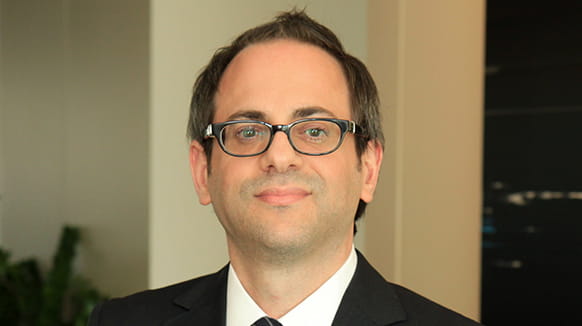Haynes Boone Partner Jason Habinsky was featured in a Bloomberg Law article. Below is an excerpt:
The handful of state workplace anti-discrimination agencies that have received consistent cash infusions are better able to tackle workloads and branch out into new areas, while others—including the federal U.S. Equal Employment Opportunity Commission—have been hamstrung by stagnant funding.
Bigger budgets allow state agency leaders to think about how they can explore novel areas of the law, incorporate technology into daily operations, and stay on top of complaint backlogs—lofty goals that other agencies working with smaller budgets, limited staff, and the constant inflow of discrimination complaints likely struggle to achieve. …
Worker protections in states with Democrats setting the legislative agenda are also multiplying, meaning complaints may be filed with the state or local agencies rather than the federal EEOC.
In New York, for example, a plaintiff may bring a claim in a state or city agency because state laws there grant more protections, it’s easier to maneuver without a lawyer, and those agencies can offer immediate adjudication, while the EEOC is more of an administrative step before going to court.
That plaintiffs’ strategy results in a busier caseload in the state and city, according to Jason Habinsky, chair of Haynes Boone’s labor and employment practice group. At both the state and federal level, it’s clear when agencies are cash-strapped, he added. “The investigation looks different based on how busy the agency is and what their staffing is like.”
Excerpted from Bloomberg Law. To read the full article, click here.
